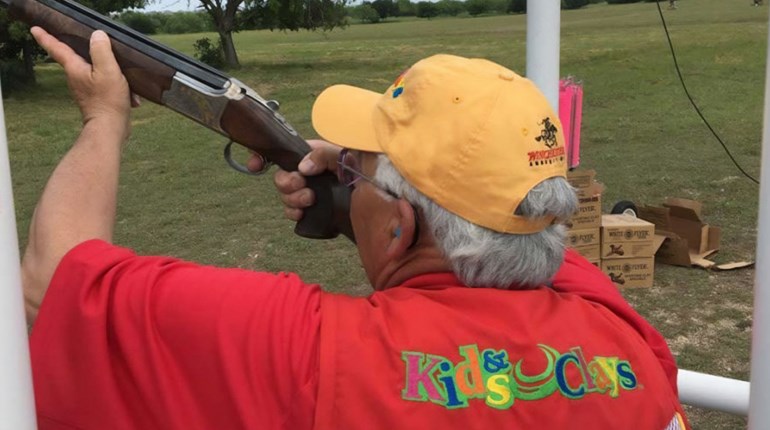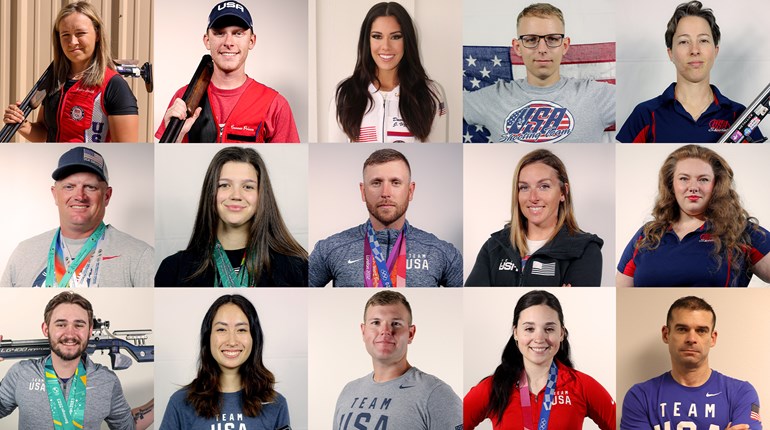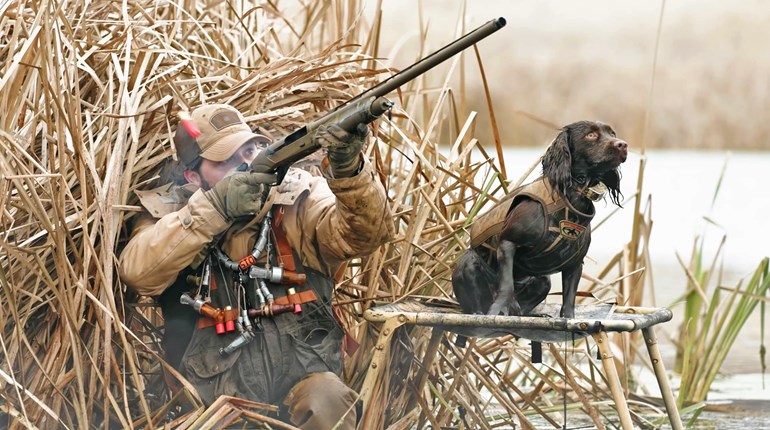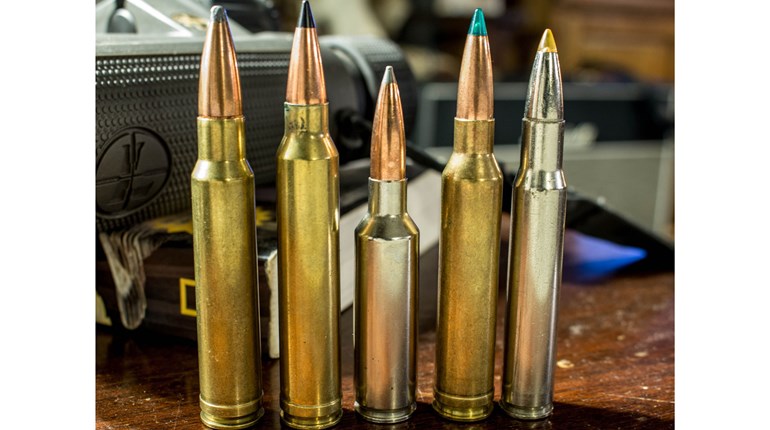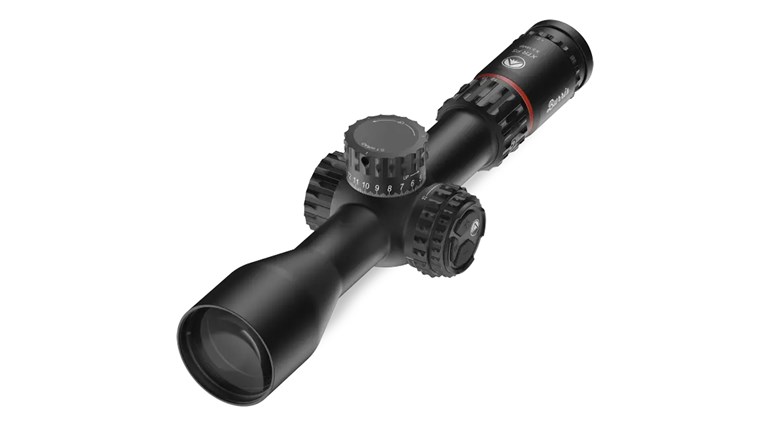
Rotary International has done good work on local, national and international levels since it was founded more than 110 years ago. The organization has survived a changing philanthropic landscape in the last century, and the organization's willingness to adapt was recently on display. The group recently decided to modify a policy, scheduled to take effect on July 1, that would have banned any firearm company involvement in events, gun auctions/raffles and much more.
“The NRA is very pleased that Rotary has reconsidered its position and will continue to allow its entities to conduct these popular events,” the NRA-ILA website posted after learning the January-issued “New Rotary Gun Rules Letter” had been modified. “It speaks well of the club that it was willing to chart a more moderate path in response to member concerns.”
The rules, crafted by the organization’s Board of Directors, were billed as an effort to “minimize financial and reputational risk.” NRA-ILA issued an alert that dissected the issue back in March, but the group fielded a number of concerns from several members that led to the policy change.
Despite the high membership and 35,000 chapters worldwide, Rotary International’s efforts often go ignored by the media. The Rotary Community Corps, for example, focuses on local projects easily overshadowed by more headline-friendly events. The group’s Friendship Exchange may not solve international tension overnight, but the program fosters an understanding and appreciation across borders, one person at a time—the kind of long-term and positive impact befitting the organization.
Most people think of the Rotary as a networking group, and there’s no denying its efforts to build a strong business climate start at the chapter level. However, last year it provided $9.2 million “…to grow local economies and reduce poverty….” across the globe. Thankfully, the generosity of the firearm industry can continue to be enlisted for that effort.













